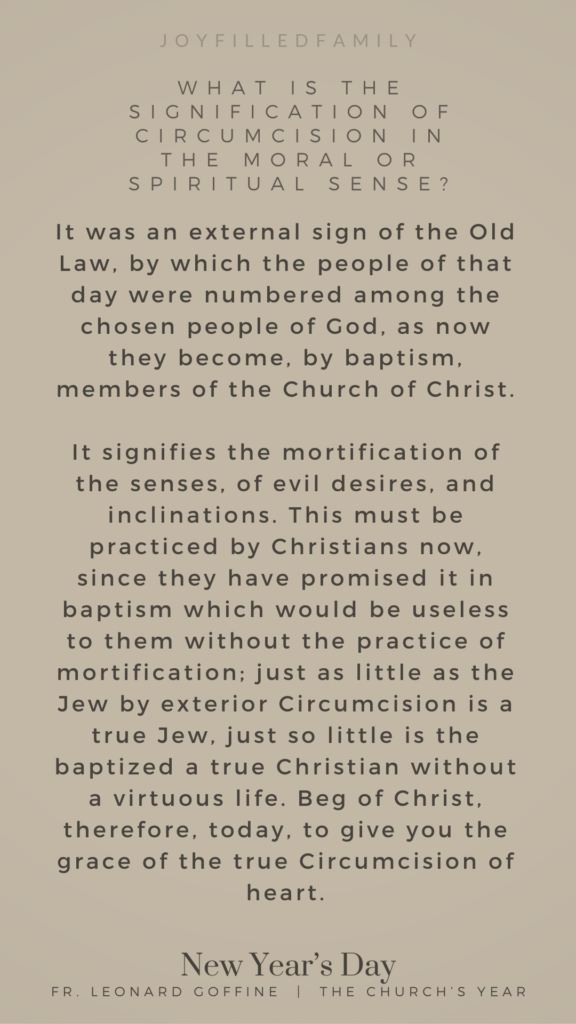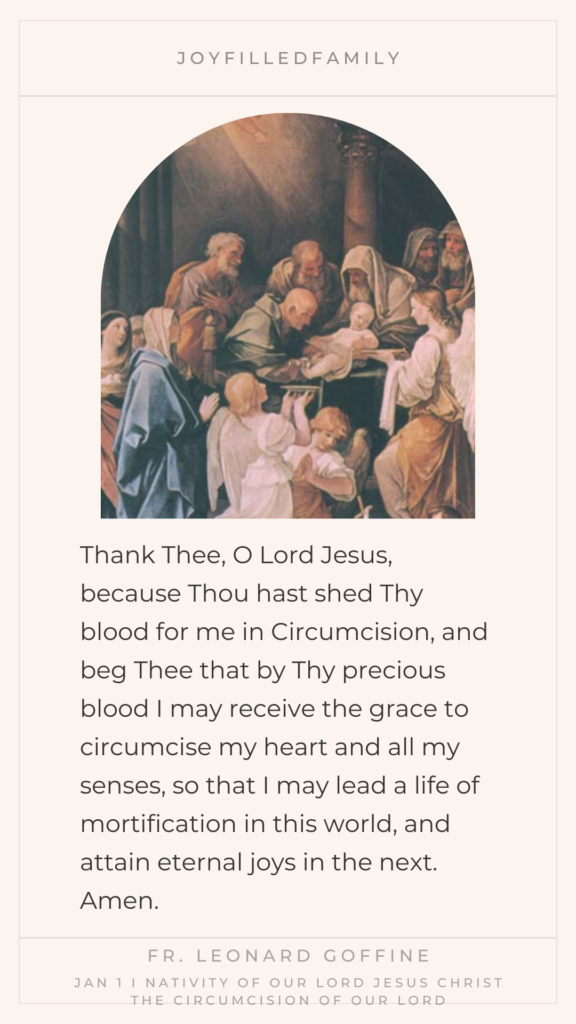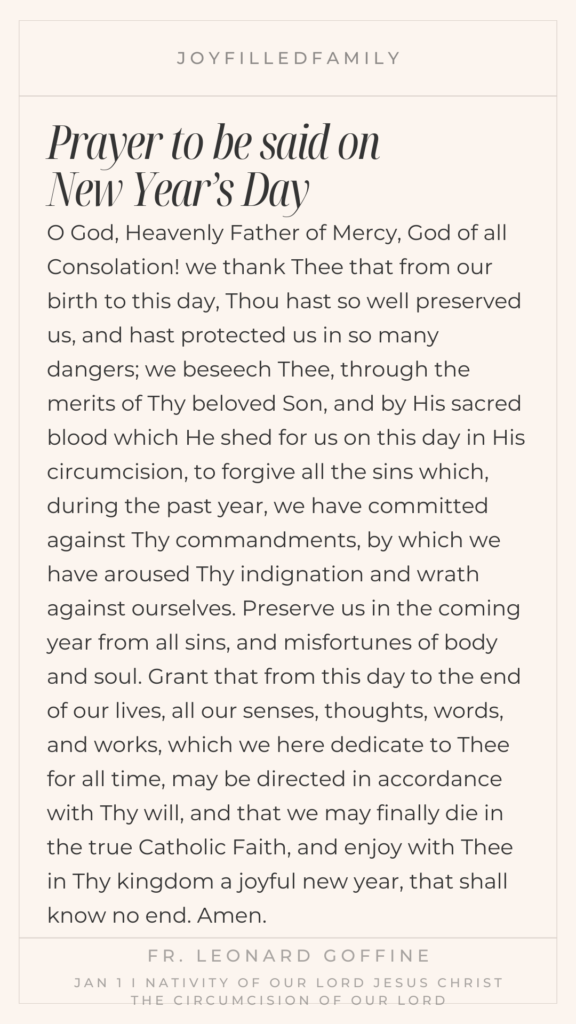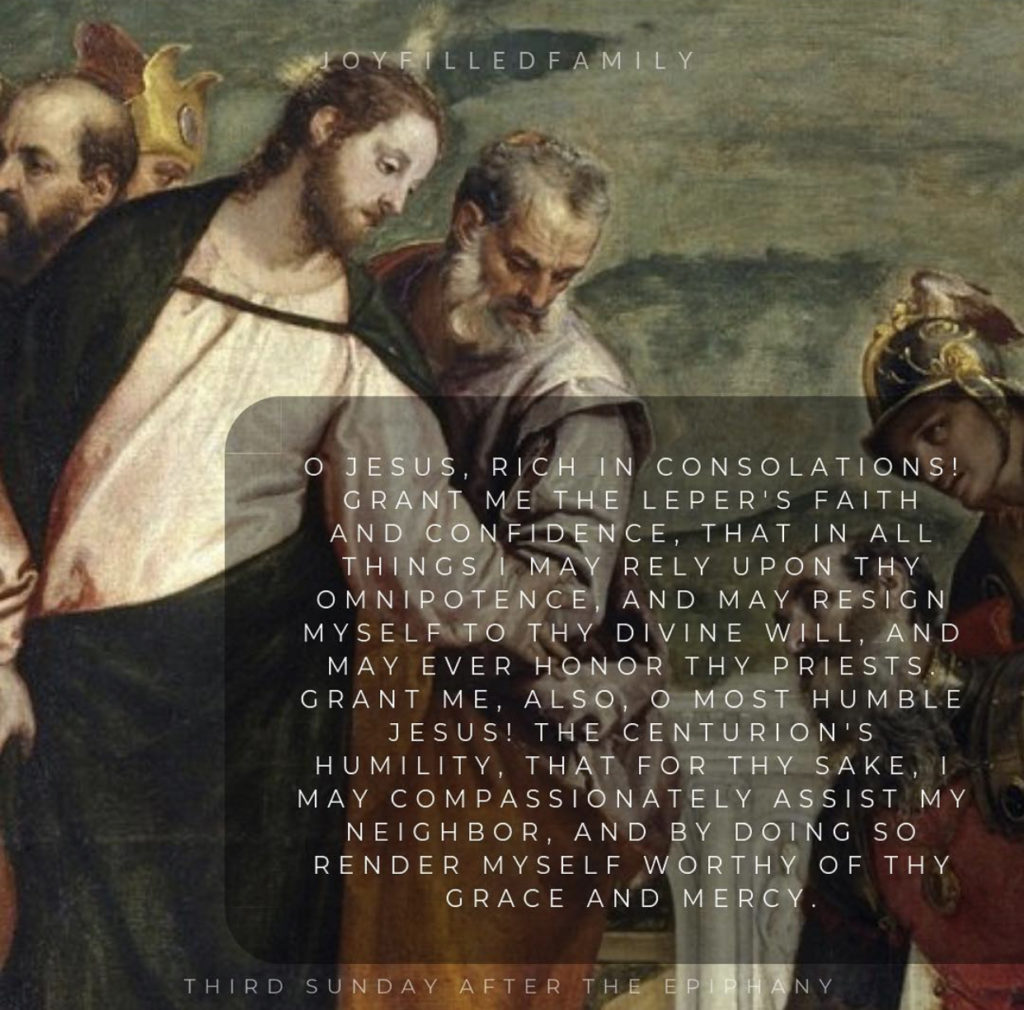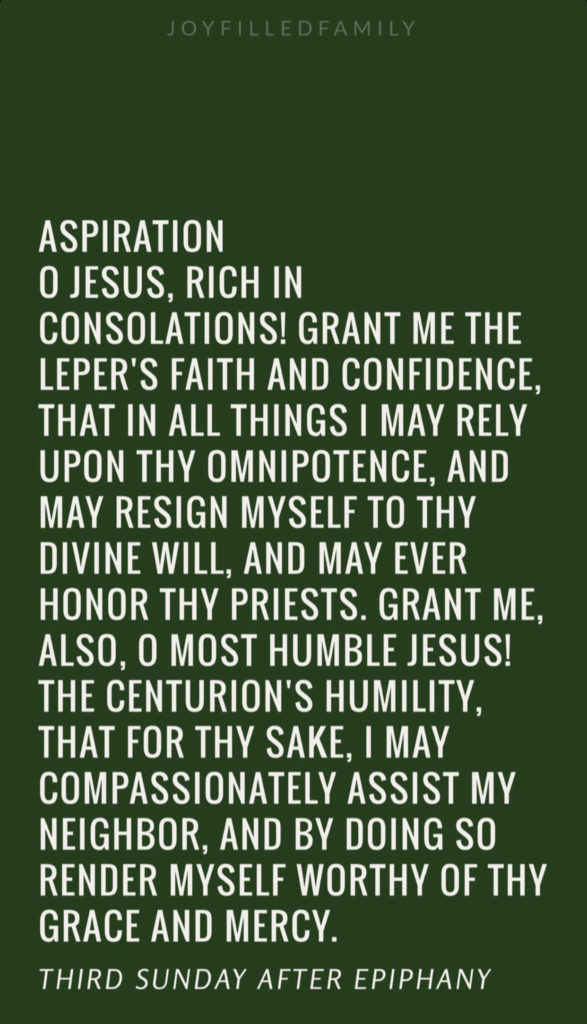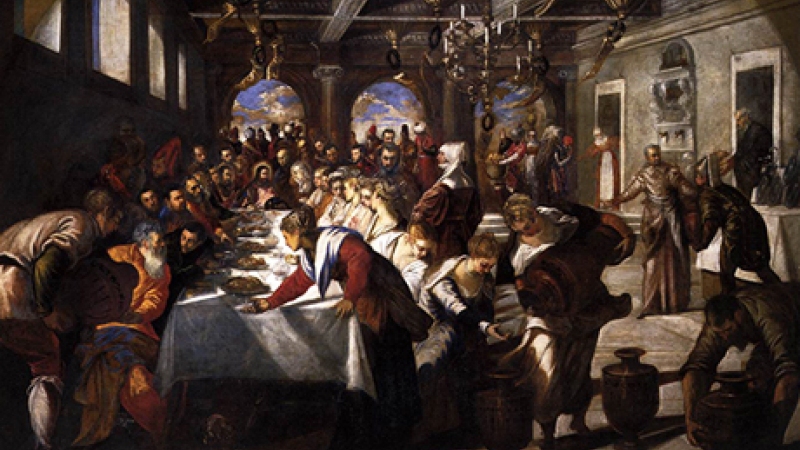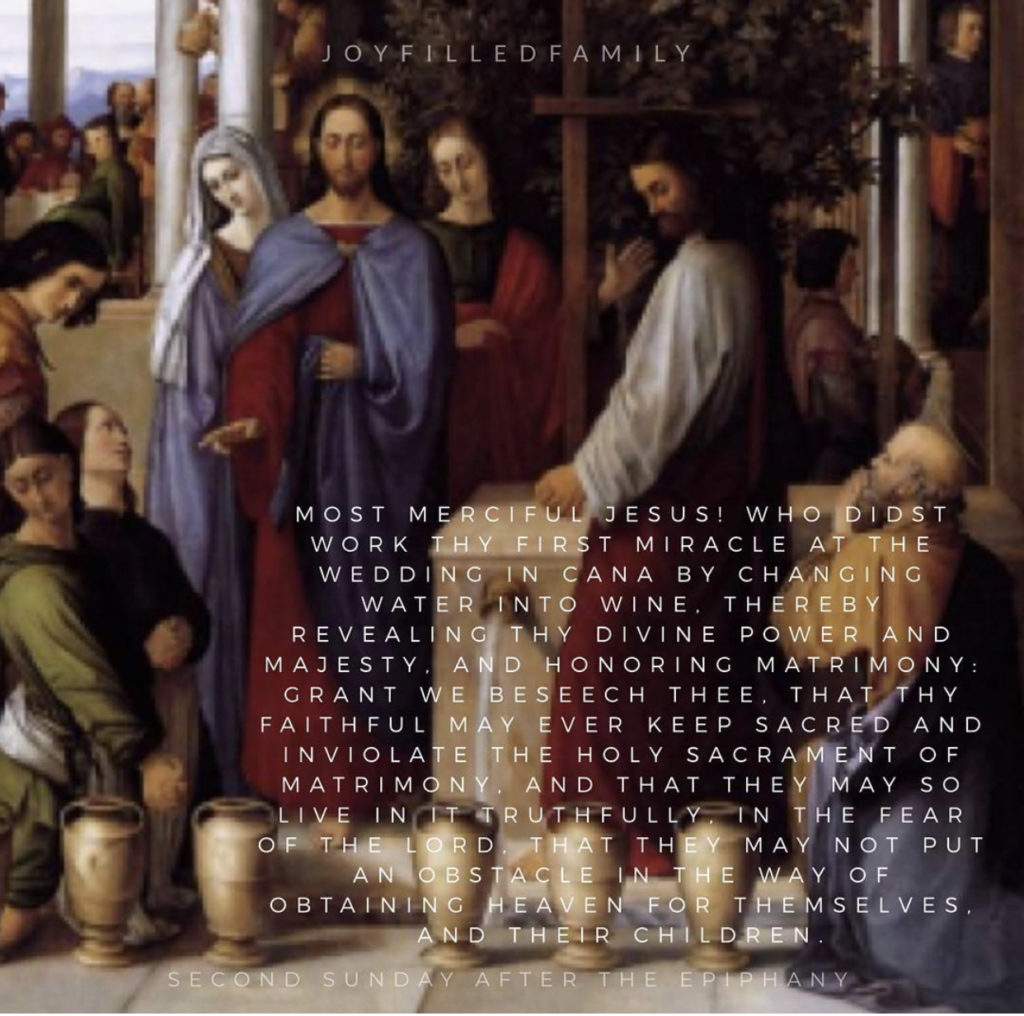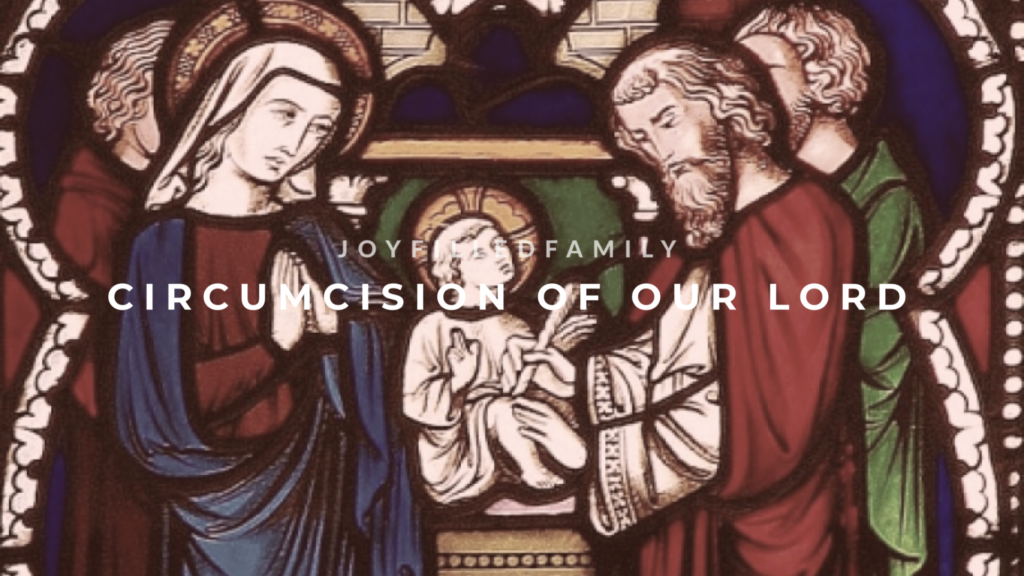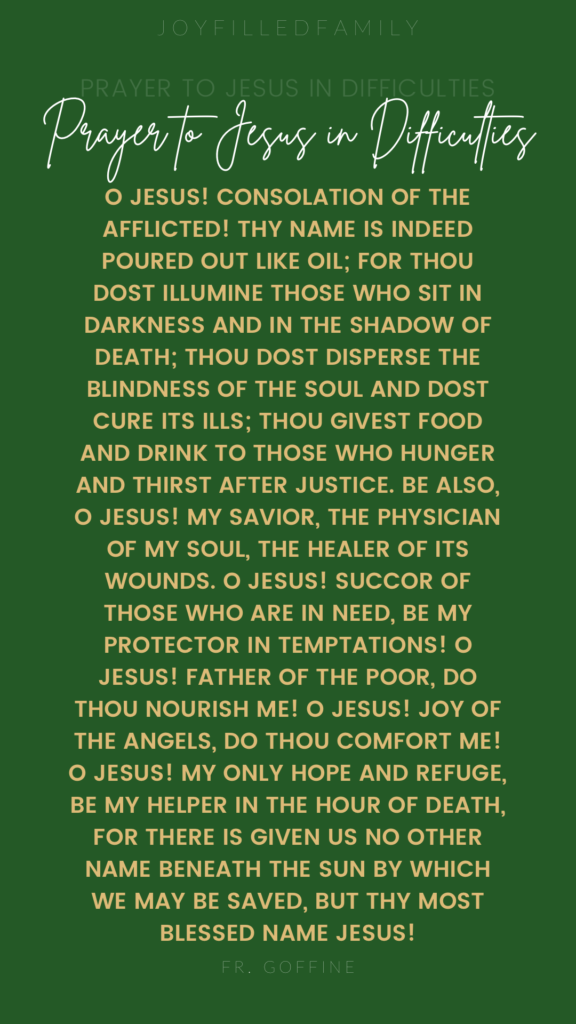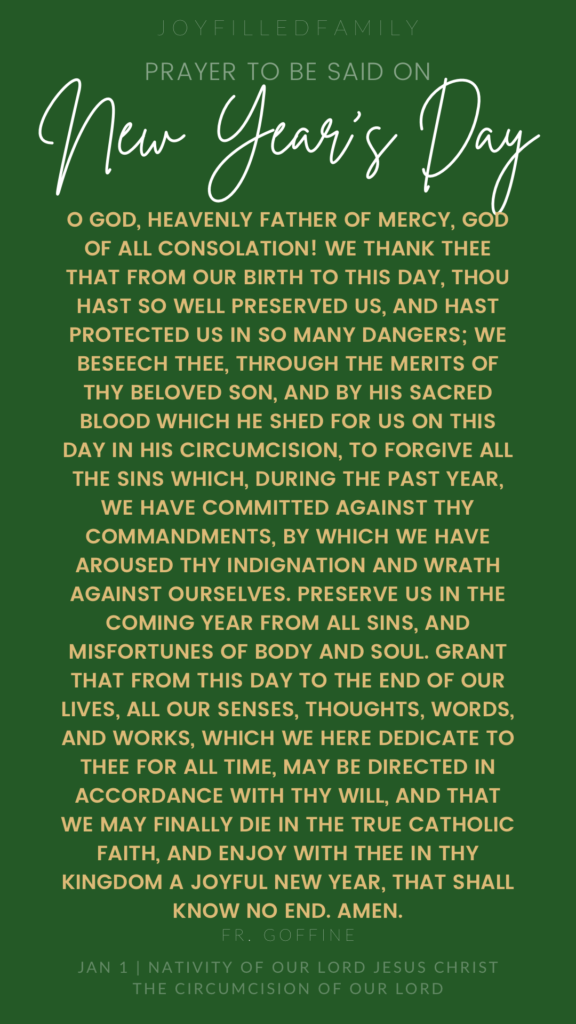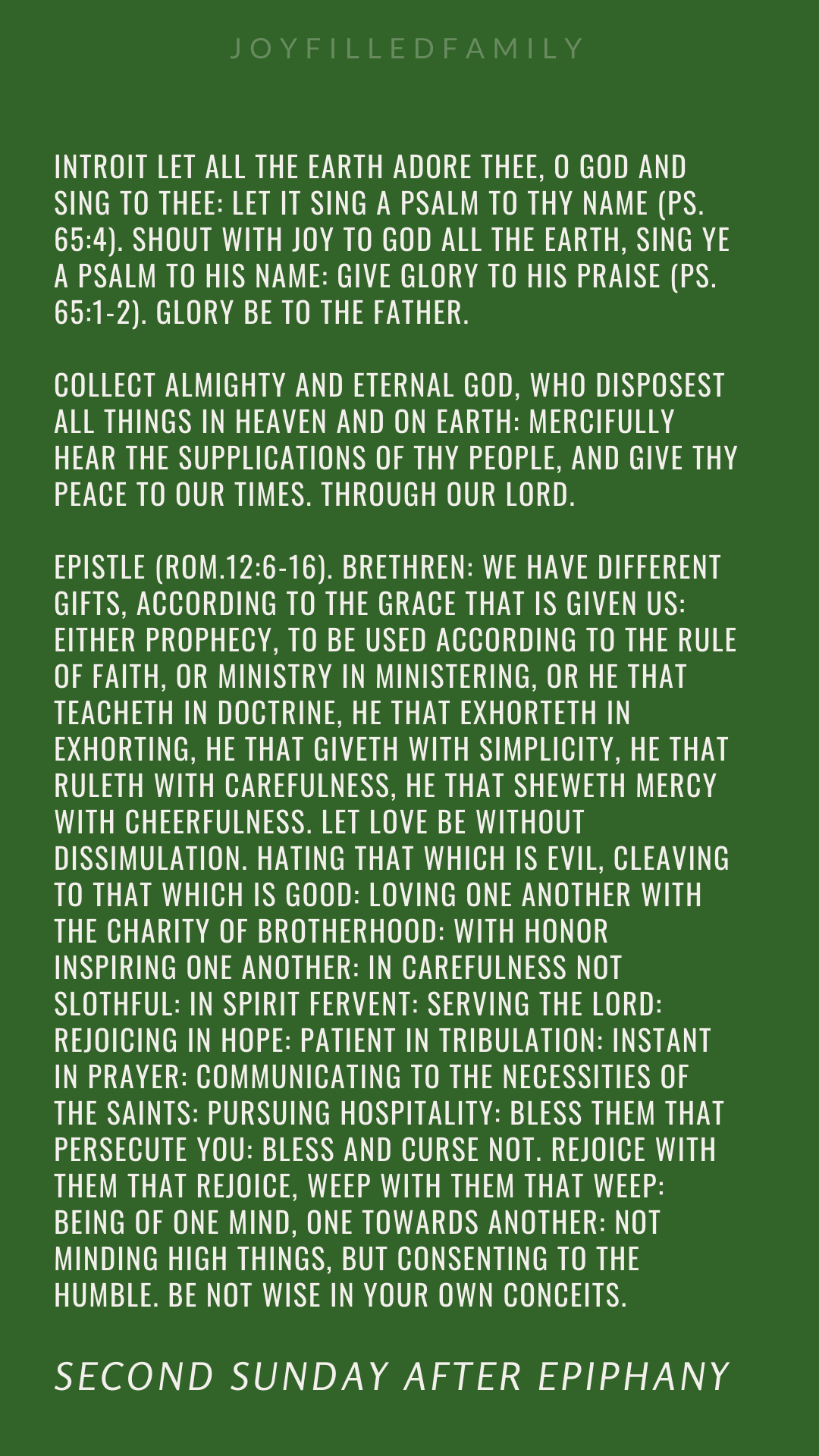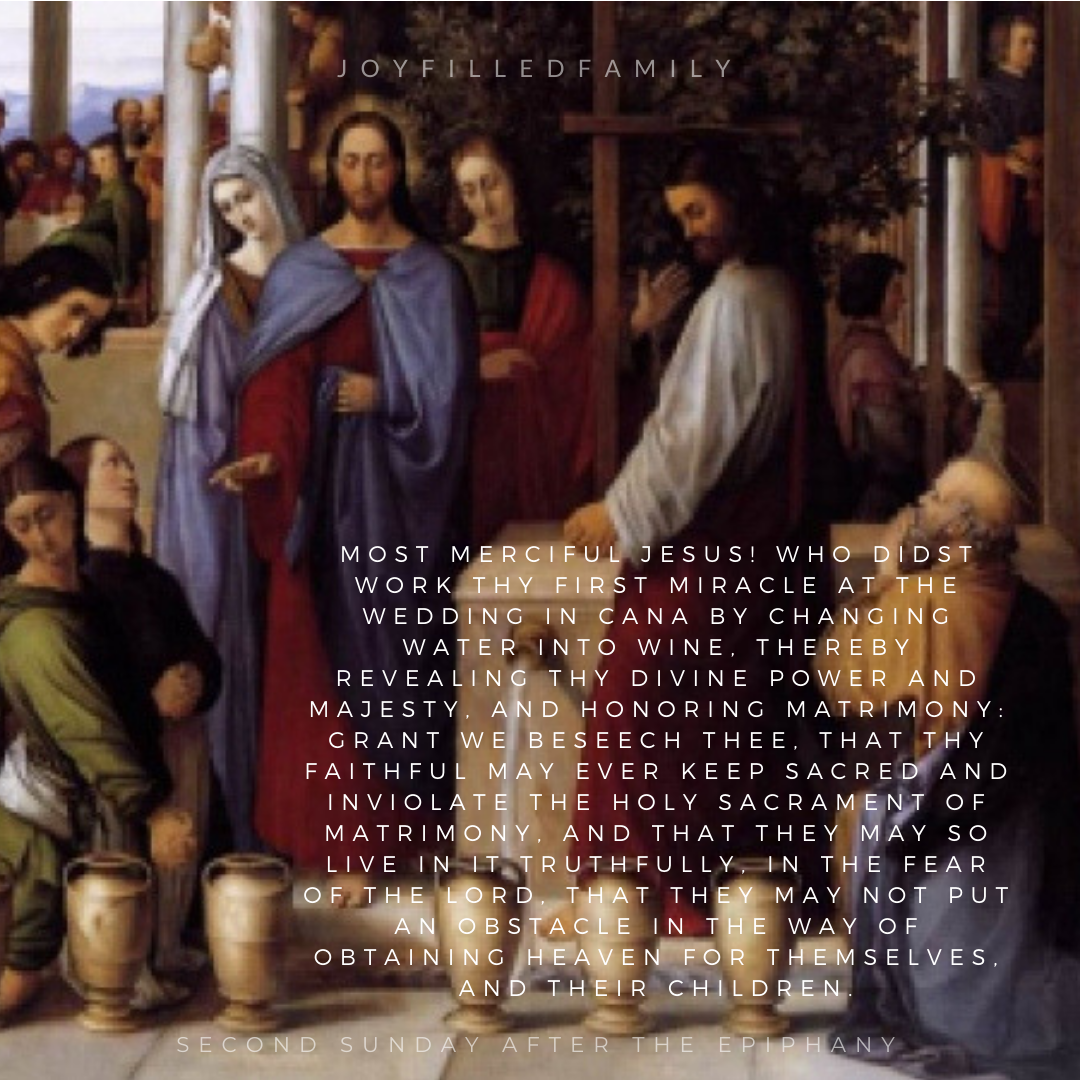Embracing the New Year with Faith and Purpose
As we step into the New Calendar Year, I’m reflecting on the beautiful traditions our Catholic faith offers to counter the secular pull and guide our spiritual journey.
The Church’s New Year began with Advent, setting the tone for a season of anticipation and reflection. In addition to this, my family and I have adopted special practices to infuse our lives with purpose throughout the year.
One cherished tradition includes allowing a saint to choose us for the year, becoming a new patron for our personal & family litanies. It’s a unique journey as we learn about the saint, call upon their intercession, and joyously celebrate their feast day.
Choosing a word of the year is another heartfelt process. I delve into spiritual reading and prayer, reflecting on the past year to discern a word that will guide my spiritual growth. I seek the counsel of my husband. This intentional word becomes a source of inspiration throughout the year. Often, I pair it with a related scripture verse — my verse of the year.



But the journey doesn’t end there. We make a commitment to a spiritual plan, a Rule of Life or beyond, designed to combat specific faults and tend to spiritual duties. This commitment is a continuation of what was initiated in Advent and almost always involves obtaining spiritual direction.
As we usher in the New Year, we find solace and inspiration in the Feast of the Circumcision of our Lord on Jan. 1, a Holy Day of obligation.
Assisting at Holy Mass is the perfect way to start anything new, offer our gratitude, and make a heartfelt offering to God, seeking His grace for the journey ahead.
May this year be filled with faith, purpose, and an unwavering commitment to our spiritual growth. 🌟
Share your New Year traditions or commitments in the comments. If you tag me in your post/story, I’ll share in my stories.
#catholicnewyearamdg#catholicnewyear#jffsaints#domesticprudence#joyffnewyear#jffruleoflife#ruleoflife
